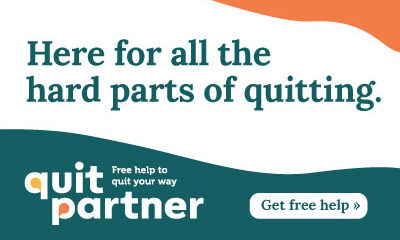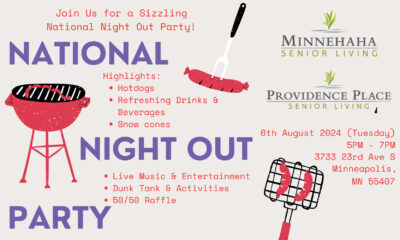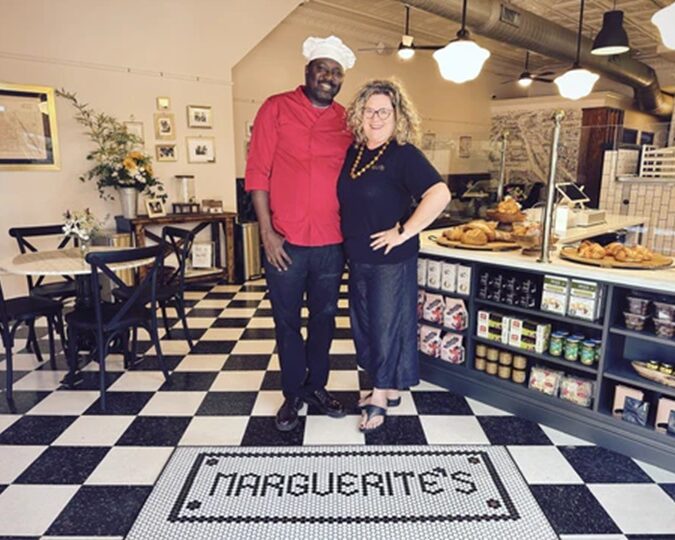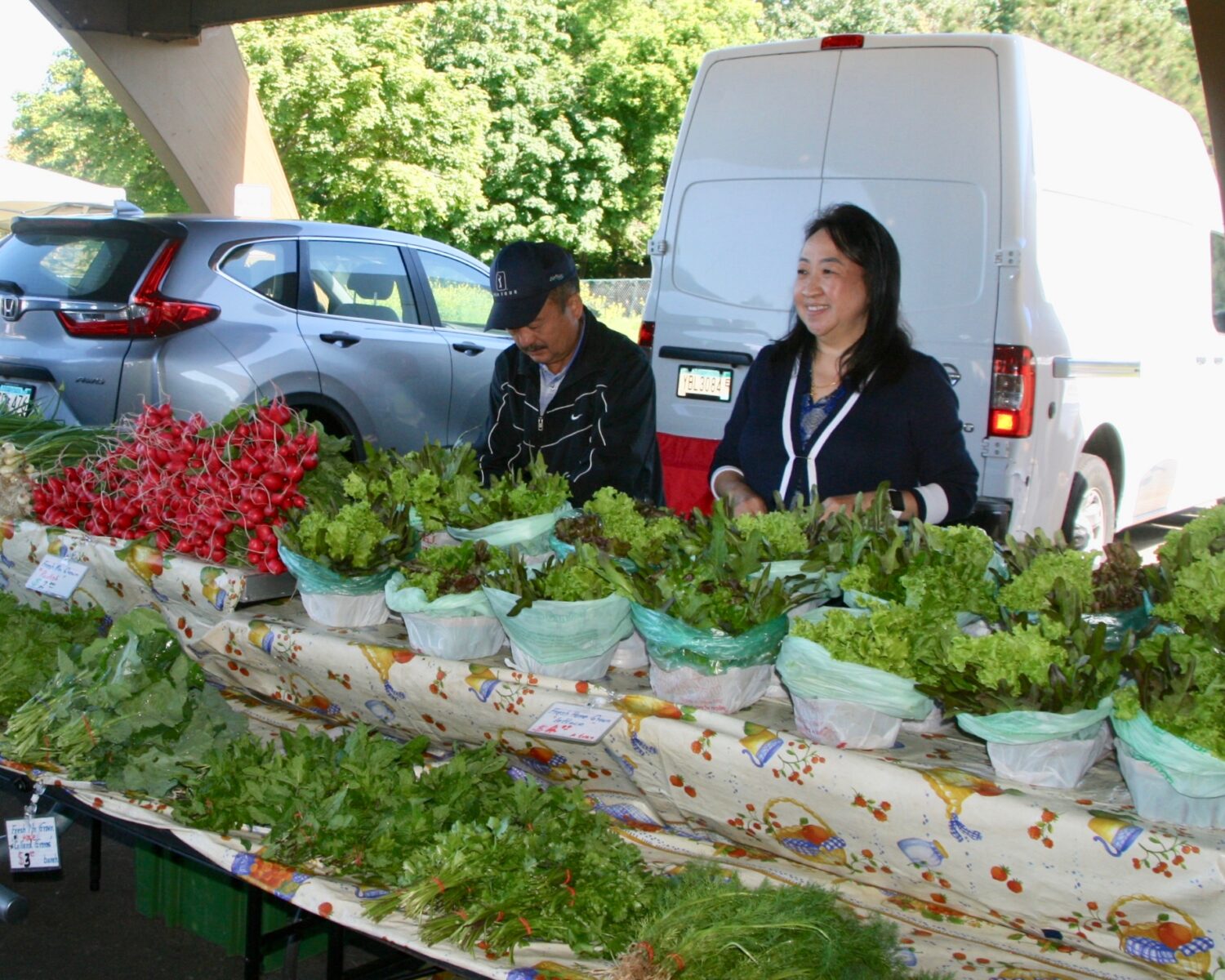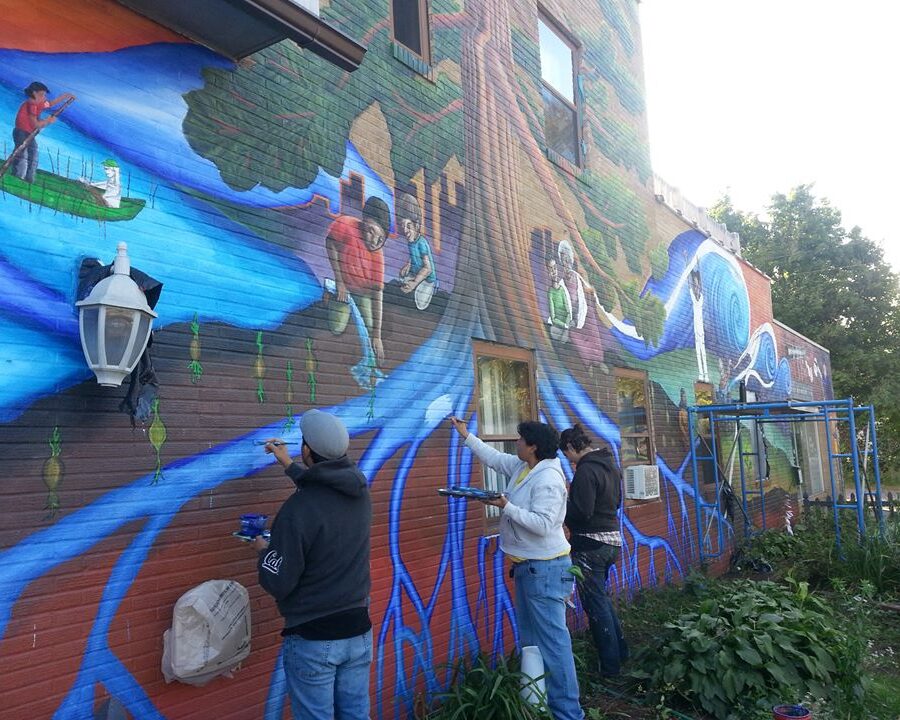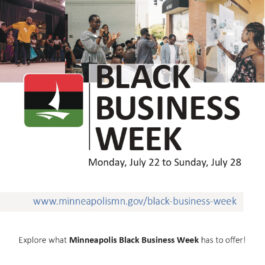The fact of the matter is that this whole monthly column is based on a lie, the lie that all of South Minneapolis could live on the food we glean, garden and forage. The reality is that there just isn’t enough sun or soil in our yards to grow all we eat, not enough months in the growing season, not enough berries on the Greenway for all of us to have them with our breakfast cereal. There wouldn’t even be any cereal, because growing wheat or oats just takes too much land.
That’s why I have written about urban/rural collaborative farms like Growing Lots or Stone’s Throw, which have cooperative ventures in rural areas, as well as big urban lots.
Most people, however, are going to need something like grocery stores, but those are fragile too. You need money or something like money to buy that food. Most of us are “food secure,” but some are not, and the picture could change rapidly for anyone.
So what can a person do in case of a food emergency? To find one answer, I went to the Minnehaha Emergency Food Shelf, run out of Minnehaha United Methodist Church on 50th Street and 37th Avenue. I talked to a big guy named George Gallagher, who runs the whole operation, with a lot of help from volunteers.
Here is what I learned: Food shelves are strictly for a certain geographic area, and this one covers 7.5 square miles from Lake Street to the airport, from Cedar to the Mississippi River. If you meet the income guidelines, you can stop by one Tuesday of the month from 10:30 to 3 and pick up some food. You stop by and pick up a grocery bag prepared for the number of people in your household, plus a few extra items that you can add if you choose. The Minnehaha Food Shelf feeds about 900 people every month from about 450 families. They distribute about 32,000 pounds of food a month, or about 350,000 pounds of food for the year. That comes to about 30 pounds of food per person per month. Which may seem like a lot if you haven’t weighed your canned goods recently. In reality, most food shelves can provide only about 4 days of food per month, although Minnehaha prides itself on stretching that to almost 10 days of food. And you can only come in one time per month.
About 90% of the food comes from Second Harvest which, in turn, gets food from the Emergency Food Assistance Program (TEFAP), donated from local companies like General Mills, and sometimes purchased outright. About 10% comes from food drives like the scouts, the postal carriers, Bergen’s, Oxendales, the Riverview Theater and various coffee shops. Second Harvest charges a delivery fee, plus they pass along the actual cost of milk, tuna, chicken and meats. Meats are still donated by Target, Walmart, Sam’s Club, Rainbow and Cub, but the demand far outstrips the supply, so resources are strained to make up the difference.
The whole operation can happen because of about 30 volunteers who work with George Gallagher, the only paid staff person. Volunteers come from the Veterans’ Home, Lake Nokomis Lutheran, Commonbond Housing and from all over. The whole operation runs $74,000 a year, including purchased foods and delivery fees and what-not, so you know nobody is getting rich here. Children under 16 make up 38% of the recipients, and 7% are seniors. Of the adults, white folks, African Americans and people of Hispanic origin each account for about a third.
I asked George to tell me stories about how people ended up needing emergency food assistance, and he gave me a glimpse into the many faces of poverty. Some people unexpectedly lost jobs, some had expensive health crises, and some were simply paid too little to afford all the food the household needed, even with four or five low-paying jobs in the family. He told me touching stories about grandparents raising their growing grandchildren, unable to afford toilet paper or feminine hygiene products. He told me inspiring stories as well. Like the case of the volunteer who lost his wife to cancer, who now made a point of growing his hair long every year and donating the cut hair for wigs for cancer patients. Or the fellow without unemployment insurance who got food for several months, then came back to hand George a couple of crisp $100 bills when the insurance came through. Or the 26 first graders from the Winonah School who came to volunteer one day and the little girl who fell asleep on the bus ride back, she was so tired. He told of those who could no longer volunteer after they themselves finally found work.
George is proud of the food shelf and the service it provides. He worked over 30 years in grocery stores himself, seven years as a store owner, so he knows what is needed and what Minnehaha Food Shelf has done. He is proud of his volunteers and lavish in praising the churches and organizations that make it all happen. I asked him if improvement in the economy meant he would soon be out of a job. He was optimistic about being on a sort of plateau, but he didn’t predict an end to the need. “It’s a band aid,” he said. It will never meet the need. But without it, a lot of families would have a lot more hungry nights.
It is worth thinking about.
The calendar:
Mondays, June 16 to Aug. 11, 6 to 8 p.m. $120 for 10 weeks, $20 to drop in. Organic Farm School, by the Women’s Environmental Institute at the East Phillips Park, 2307 17th Ave. S., Mpls. 651-583-0705 or https://secure.acceptiva.com/?cst=98030c
7/7 – Solar energy on the farm
7/14 – Black farmers in the South
7/21 – GMOs
7/28 – Seed saving
8/4 – Building a scalable sustainable food system
8/11 – The future of organic farming (plus dinner)
Saturday, July 12, 10 to 11:30 a.m. Free but RSVP required. “Growing herbs in Minnesota,” Brookdale Library, 6125 Shingle Creek Pkwy., Brooklyn Center. 612-543-5600 or http://www.hclib.org/pub/
Friday, July 25, 7 to 9 p.m. Free. “Edible landscapes,” Longfellow Garden Club at Epworth United Methodist Church, 3207 37th Ave. S., Mpls. https://www.facebook.com/LongfellowGardenClub or https://sites.google.com/site/longfellowgardenclubminnesota
Saturday, Aug. 2, 2:30 to 4 p.m. Free. “Edible landscapes,” Southeast Library, 1222 4th St. S.E., Mpls. 612-543-6725 or http://www.hclib.org/pub/




